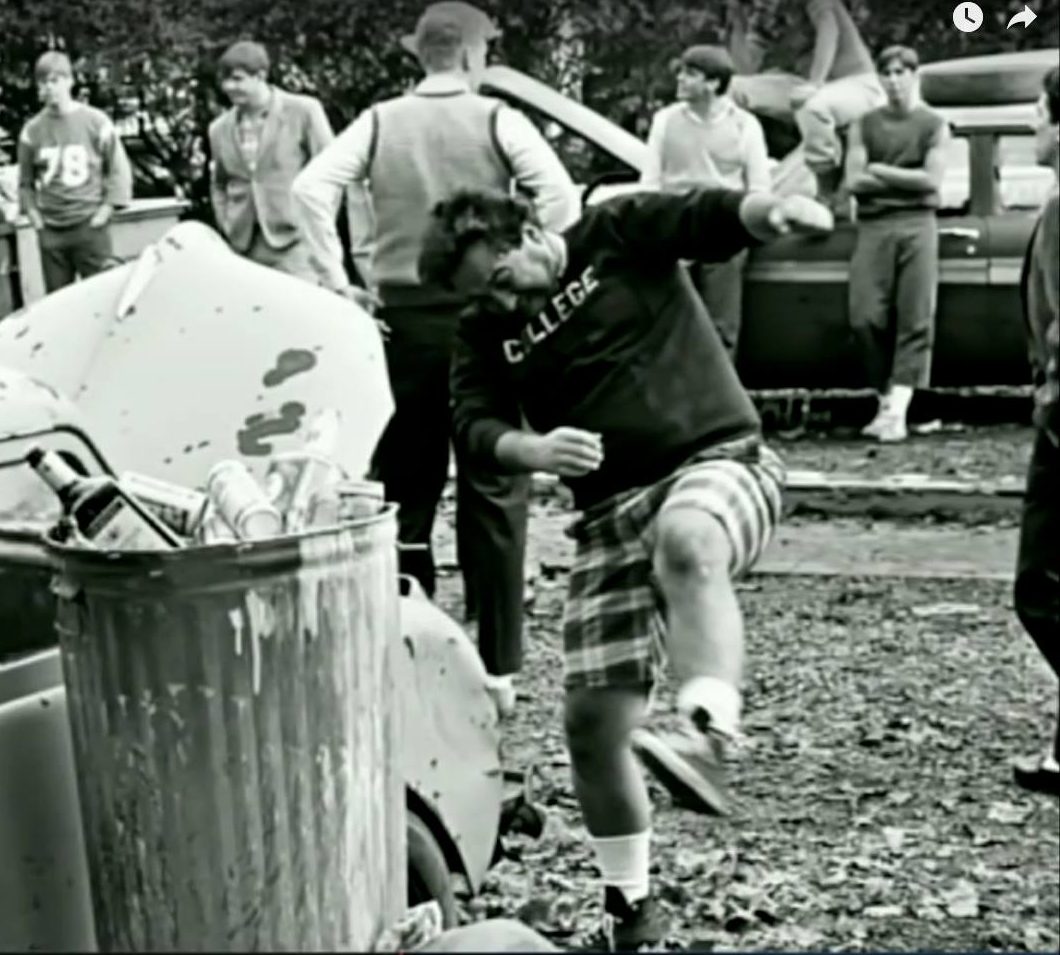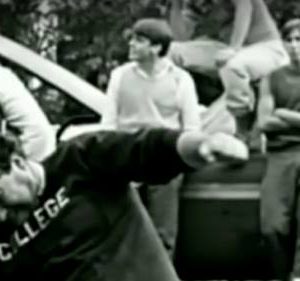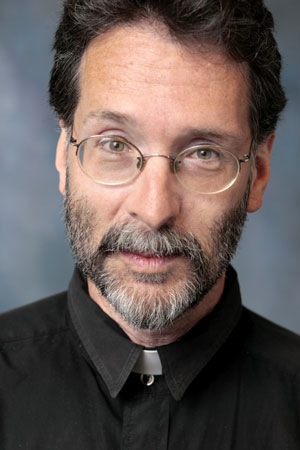I’m thrilled to announce I’ll be part of a reading called IN HIS OWN WORDS: A TRIBUTE TO BRIAN DOYLE at 7 p.m. on Thursday, March 28, with these amazing authors:
Robin Cody, David James Duncan, John Freeman, Jordan Imani Keith, Brenda Miller, Aimee Nezhukumatathil, Kim Stafford, and Joe Wilkins. Chip Blake, editor of ORION, and Sy Safransky, editor of THE SUN, will speak too.
The event will take place at the McMenamins Mission Theater & Pub (1624 NW Glisan, Portland, OR). It’s FREE but you need tickets, which will be available starting at 4 p.m. (PST) TODAY. (The theater seats about 200 people, but the organizers–ORION and THE SUN–think tickets will be snapped up quickly, so don’t wait!)
To order tickets, go to: https://www.mcmenamins.com/mission-theater. You will go through what looks like buying a ticket, but in the end, there will be no charge, no asking for credit card info, etc.
We’re all going to be reading pieces of Brian’s work. It should be a wonderful evening.








